TECHNOLOGY
During their time at Hastings Intermediate, as part of the Technology rotation students have learning opportunities in Materials Technology, Food Technology, Digital Technology, Science and Sports Science.
Technology is problem-based learning, solving problems in a practical sense. Students investigate real issues to develop ideas for feasible outcomes, then undertake planning to identify the key stages and resources required to develop an idea into a purposeful product.
The key learning focus for Materials and Food Technology is to develop an understanding of sustainability. It is increasingly important for students to realise how technological advancement impacts on society, the economy and the environment.
Technology education is innovative, challenging and engaging. It is full of rich and varied experiences that push creative boundaries. Technology practice enables students to test their ideas, learn about processes and systems, and experience pride in their accomplishments.
Materials Technology
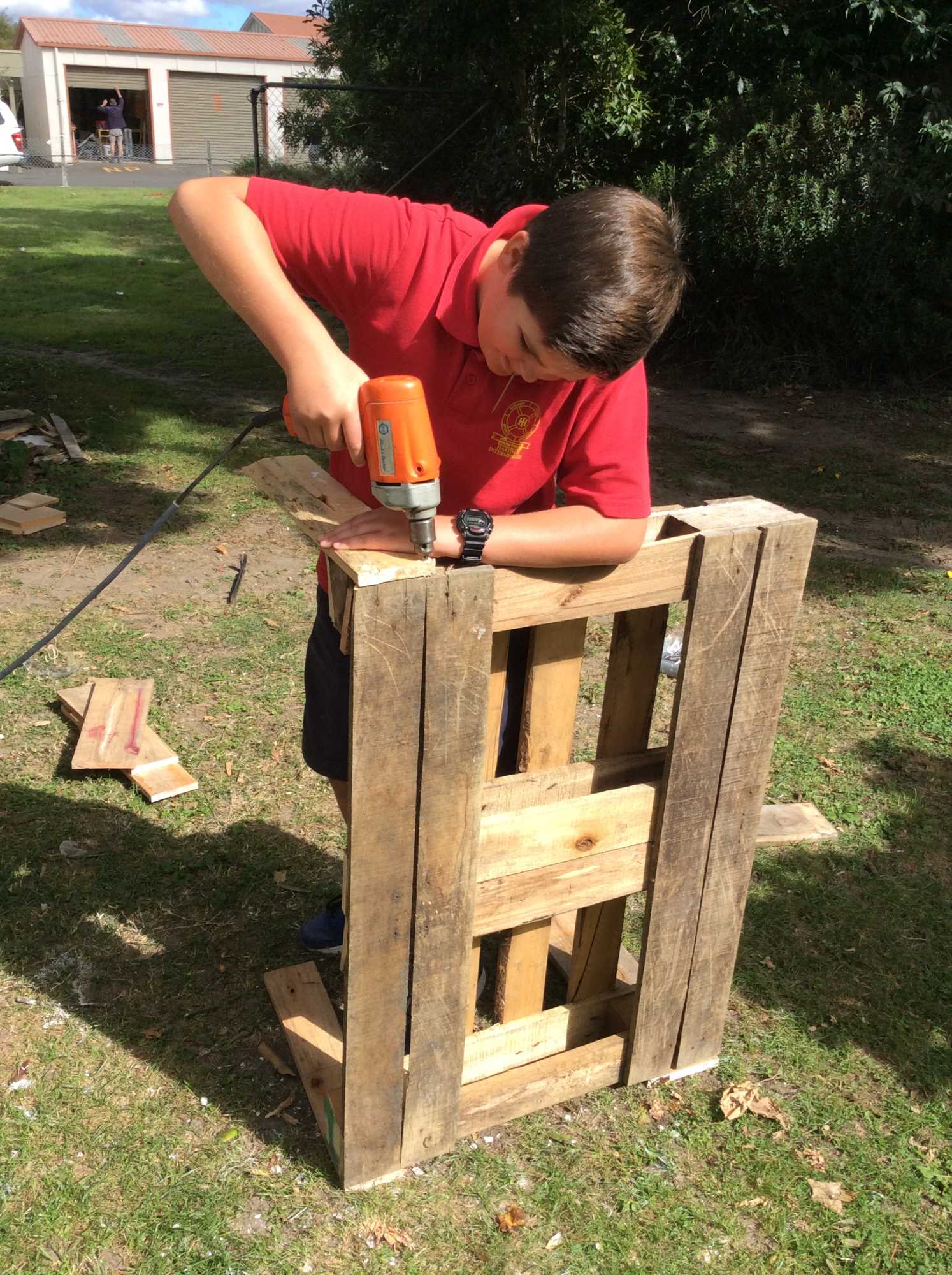
We have become a ‘throw-away’ society. In Materials Technology students are asked to consider the impact that discarded materials can have on the environment.
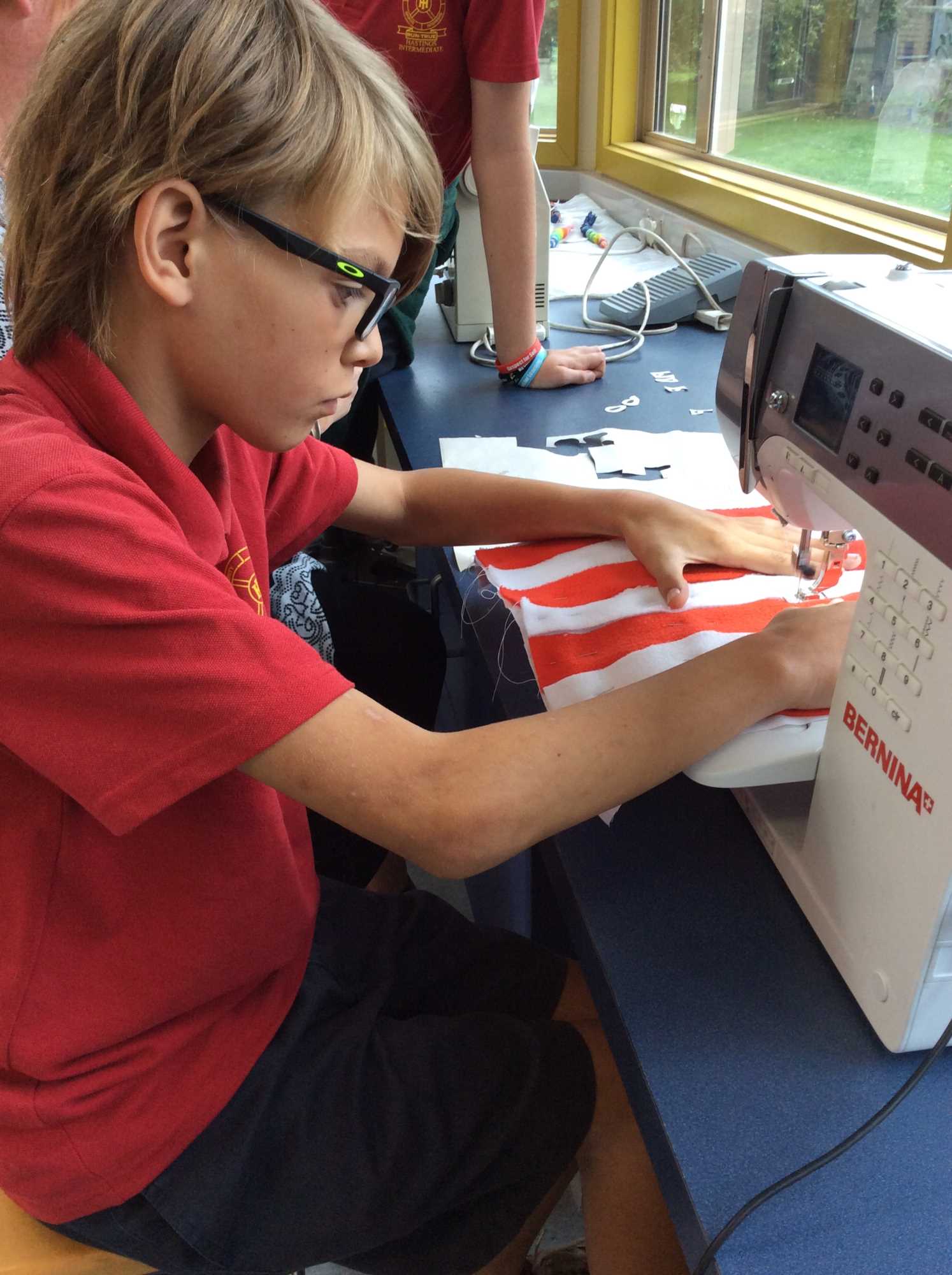
Soft and hard materials provide access to a wide range of material resources that might have otherwise ended up in the landfill. Students learn to use tools and machinery safely, from a scroll saw to a sewing machine. They integrate their newly acquired skills and knowledge to produce a technological outcome that meets an identified need. The brief changes each cycle to reflect the school-wide inquiry topic.
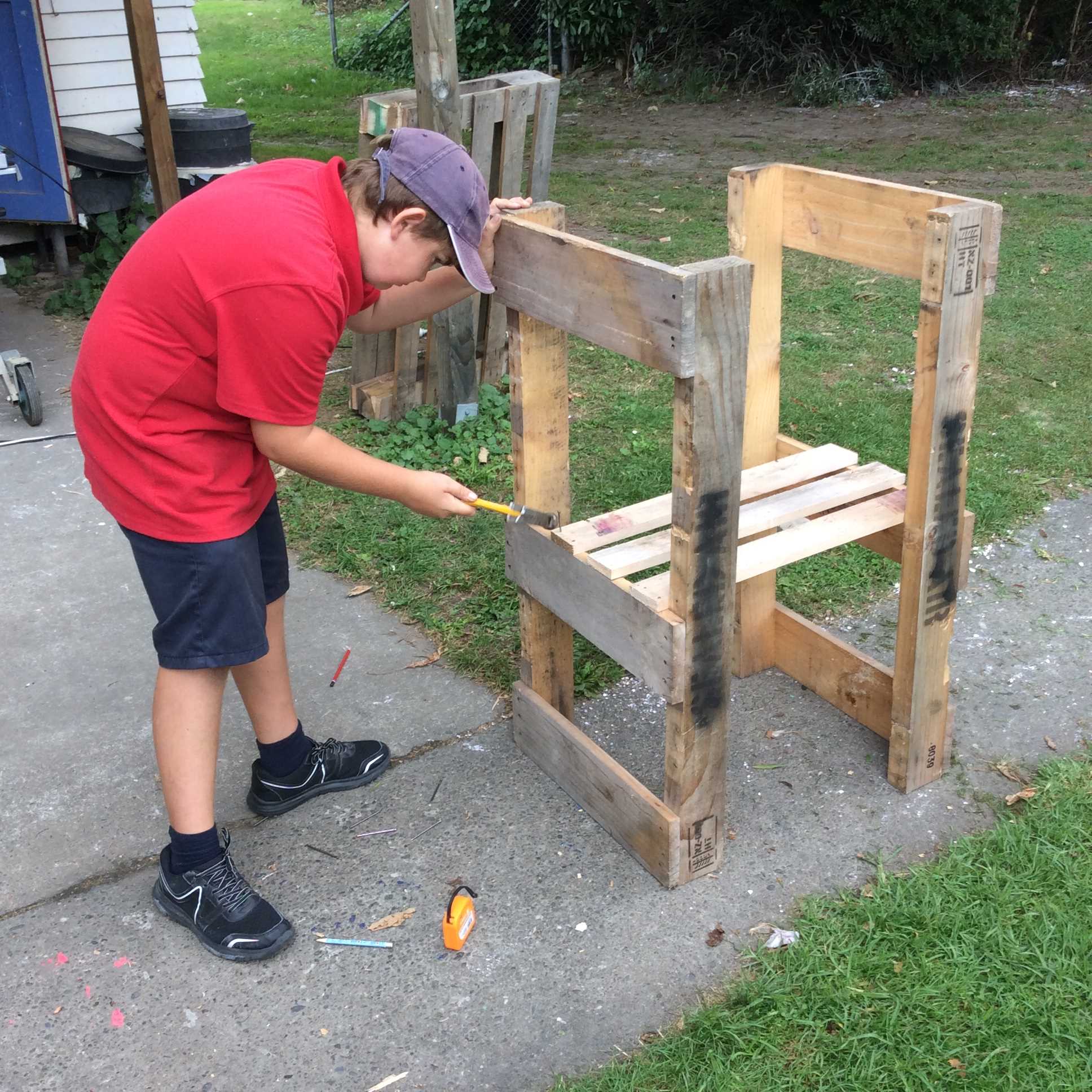
Food Technology
Learning at Food Technology happens in a home kitchen context, where students develop a broad range of skills and knowledge they can draw from, adapt and use in the future. Learning is based on students’ development of practical skills, safe and hygienic food preparation, and knowledge of nutrition, tikanga and sustainability. Students are challenged to work as Food Technologists to design and make food products for a stakeholder. This involves adhering to the main elements of technological practice, using our māra kai/vegetable garden and following sustainable ideas and practices when creating food for themselves and others. Food Technology is fun, highly practical and allows students the opportunity to see themselves as responsible members of their whānau and community in a variety of different ways.
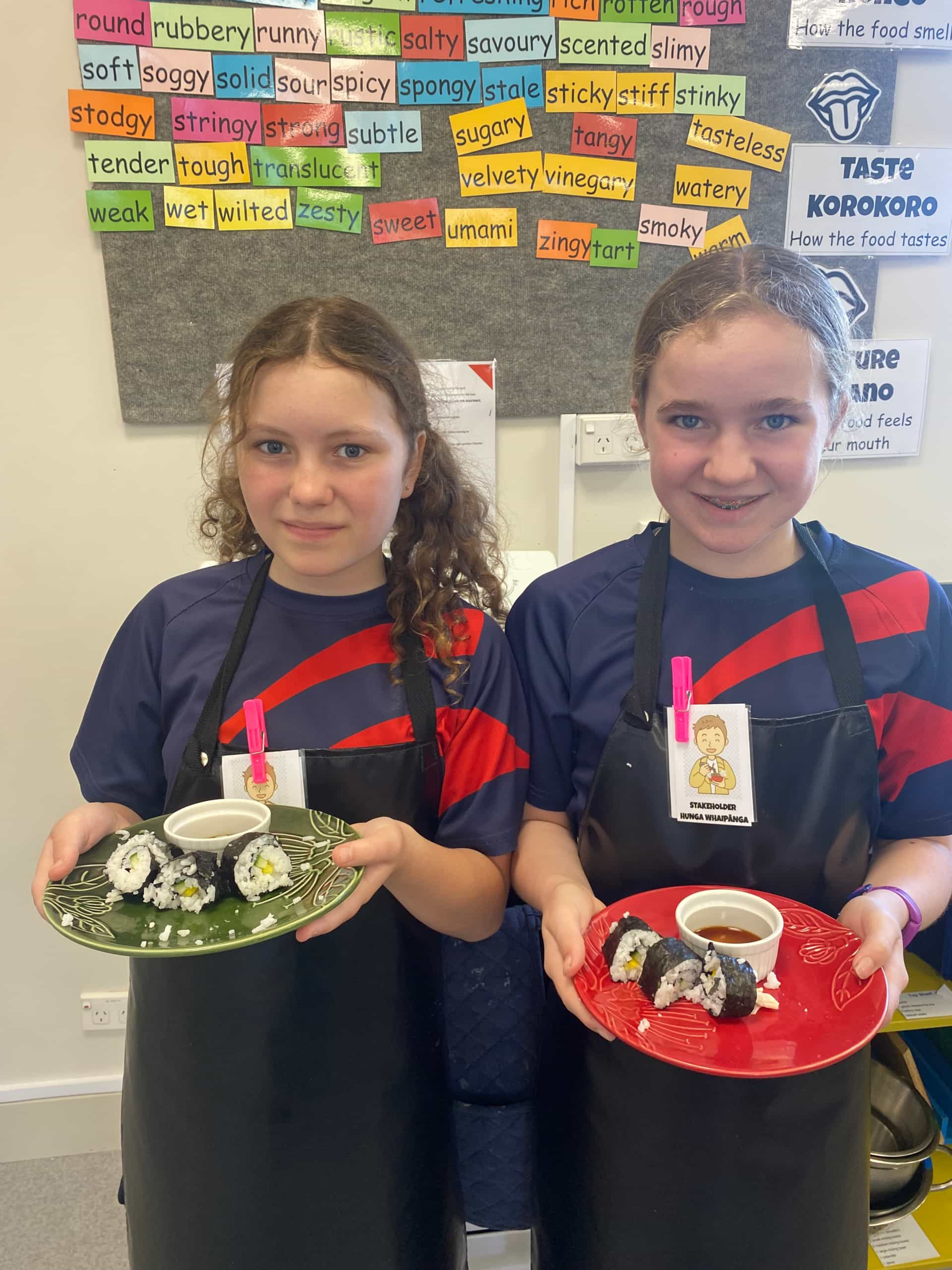
In the context of sustainability, students prepare and cook versatile foods using a variety of cooking techniques. They learn safe kitchen practice and food hygiene, and a broad range of skills that they can draw from, adapt, and use in the future. Students are challenged to think about how they can change and adapt a recipe to make it tastier, while still considering the nutritional value.
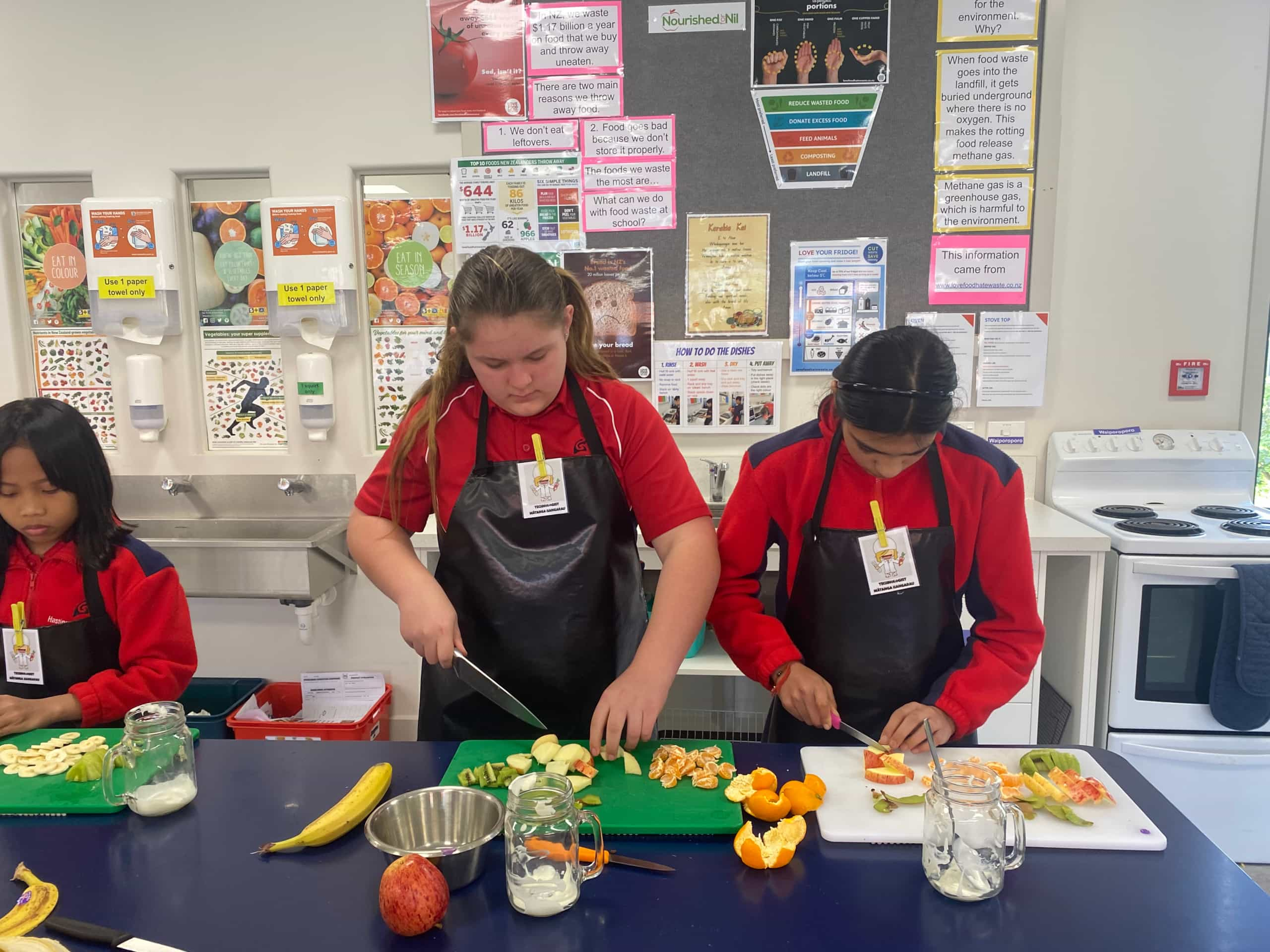
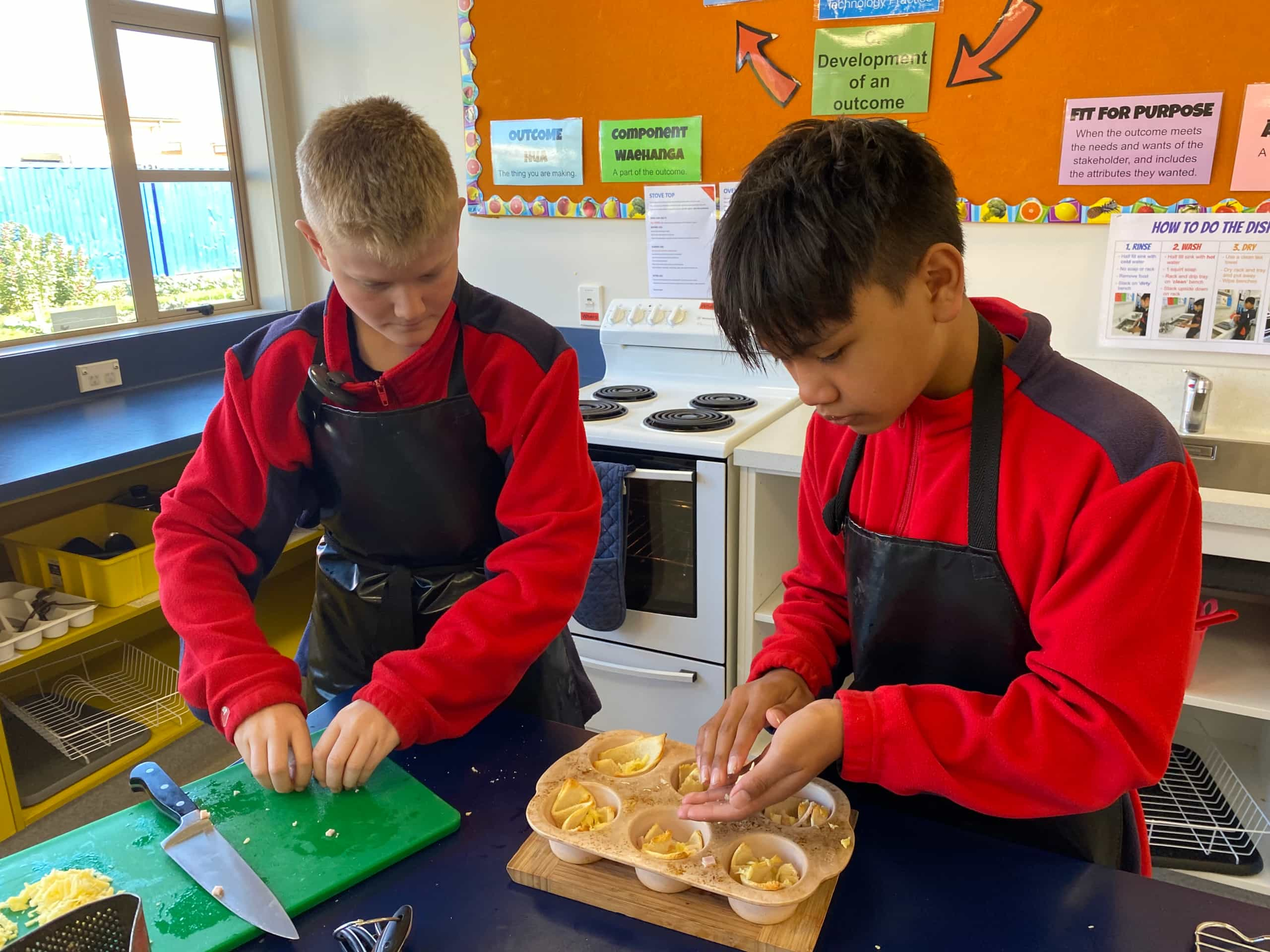
Sports Science
Sport Science is a new subject at Hastings Intermediate. Students get to have a taste of different topics of Sport Science.
Students look at two different forms of exercise, aerobic exercise and resistance training and get to see how they can have an impact on their bodies. Students also have an introduction to biomechanics and look at how they can make adjustments to their body movements through analysing them with the help of technology. Nutrition is another topic covered and students learn what type of food is important for athletes to eat. There are a lot of practical activities to complement student learning.
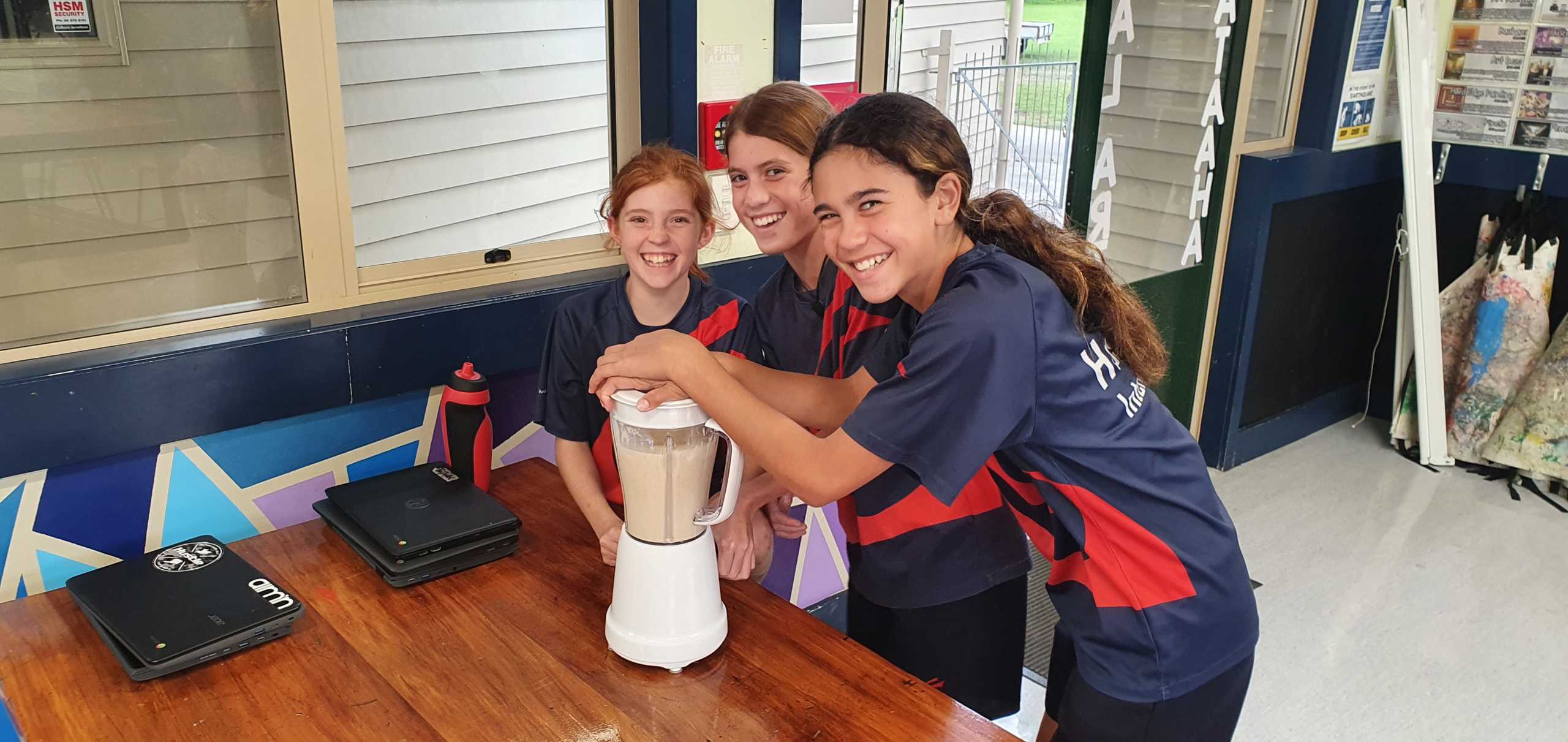
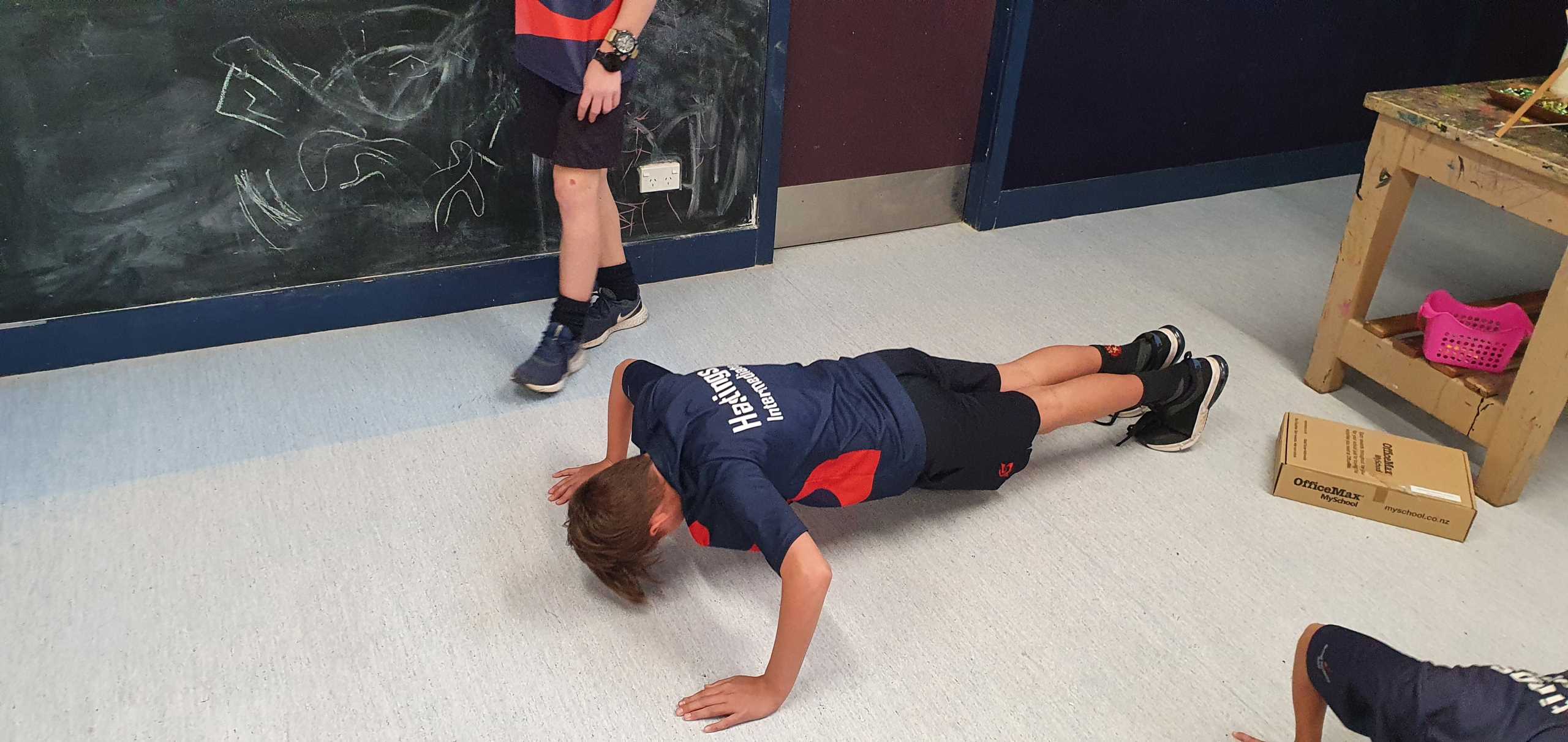
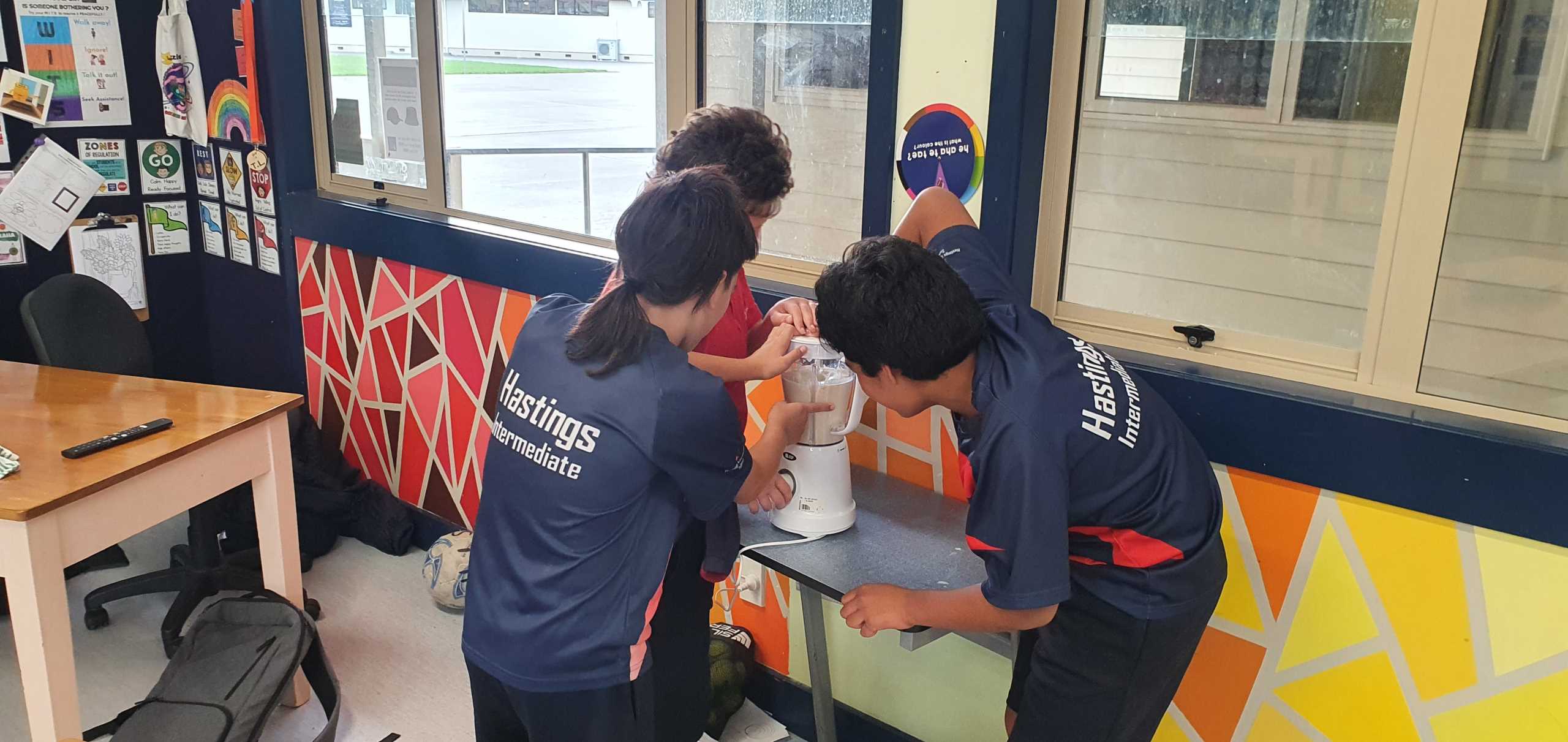
Science
Students in Science Technology explore physics using the contexts of light and sound. They investigate waves, refraction, reflection, colour mixing, amplitude, frequency, and wavelength while working with prisms, lasers, mirrors, periscopes, light boxes, signal generators, and pūrerehua.
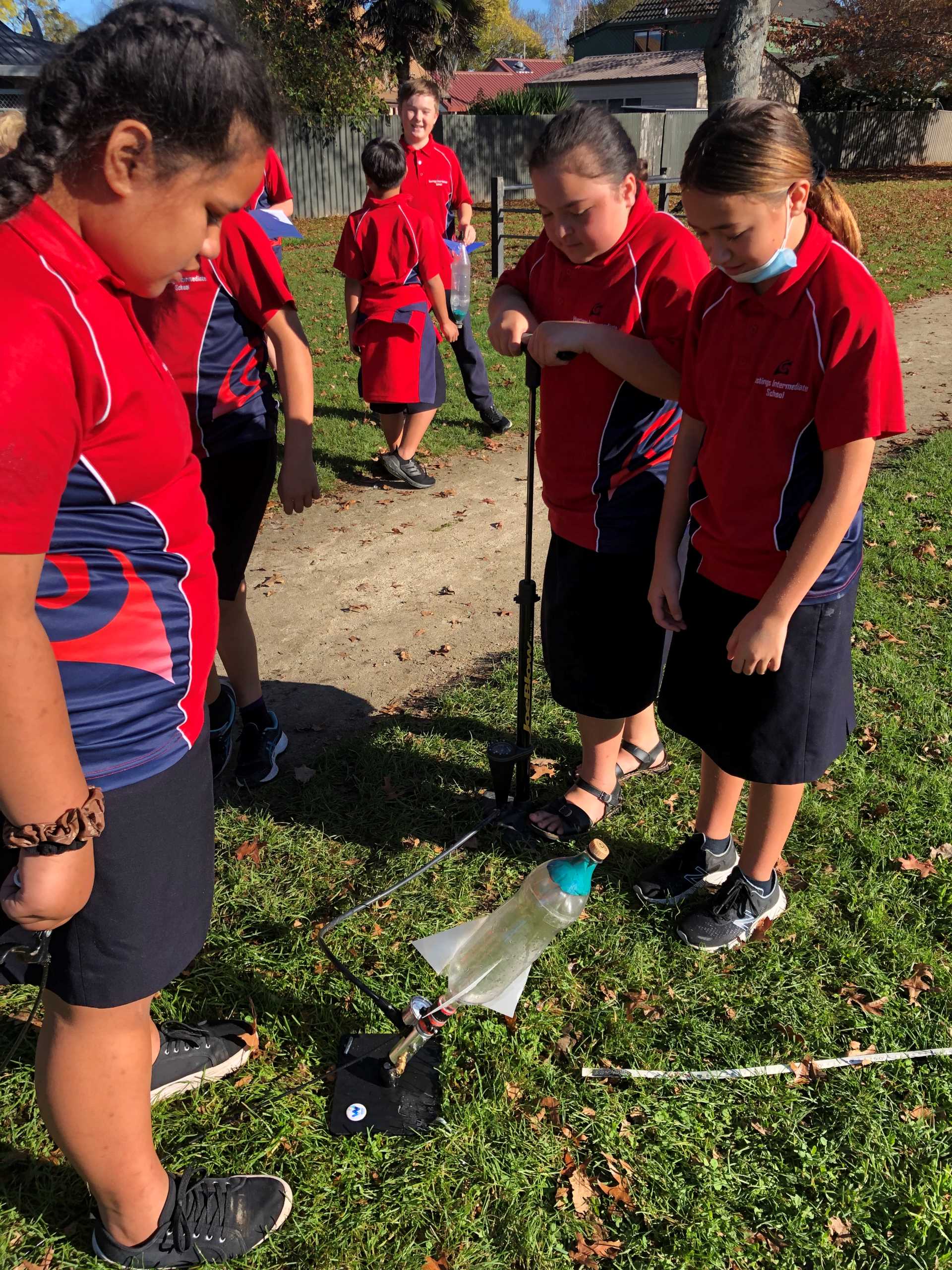
Digital Technology
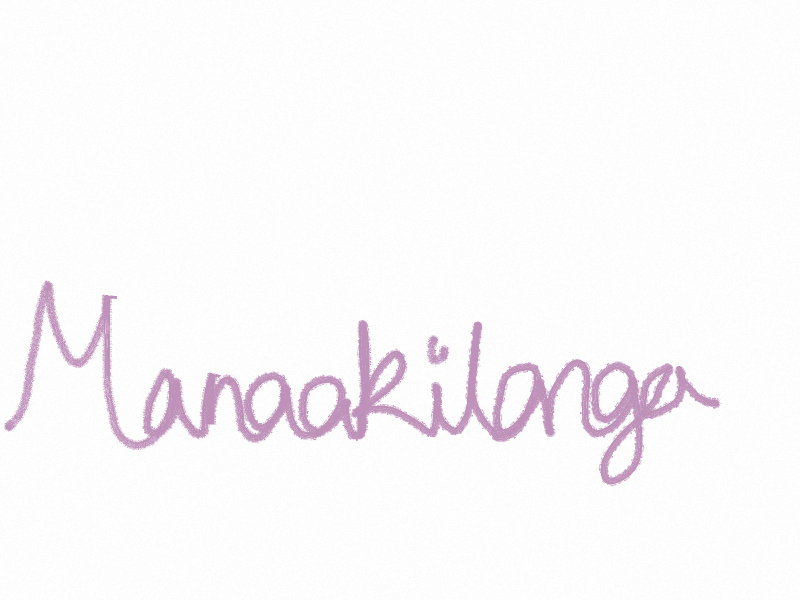
The digital technologies curriculum brings the focus on learning into two key areas: computational thinking (CT) and design and development of digital outcomes (DDDO).
Computational thinking enables students to express problems and formulate solutions (coding) in a way that means a computer can be used to solve them. We are exploring this with Scratch, Micro:bits and robotics (First Lego League, Maxbots, VEX, NXT, EV3 and Edisons).
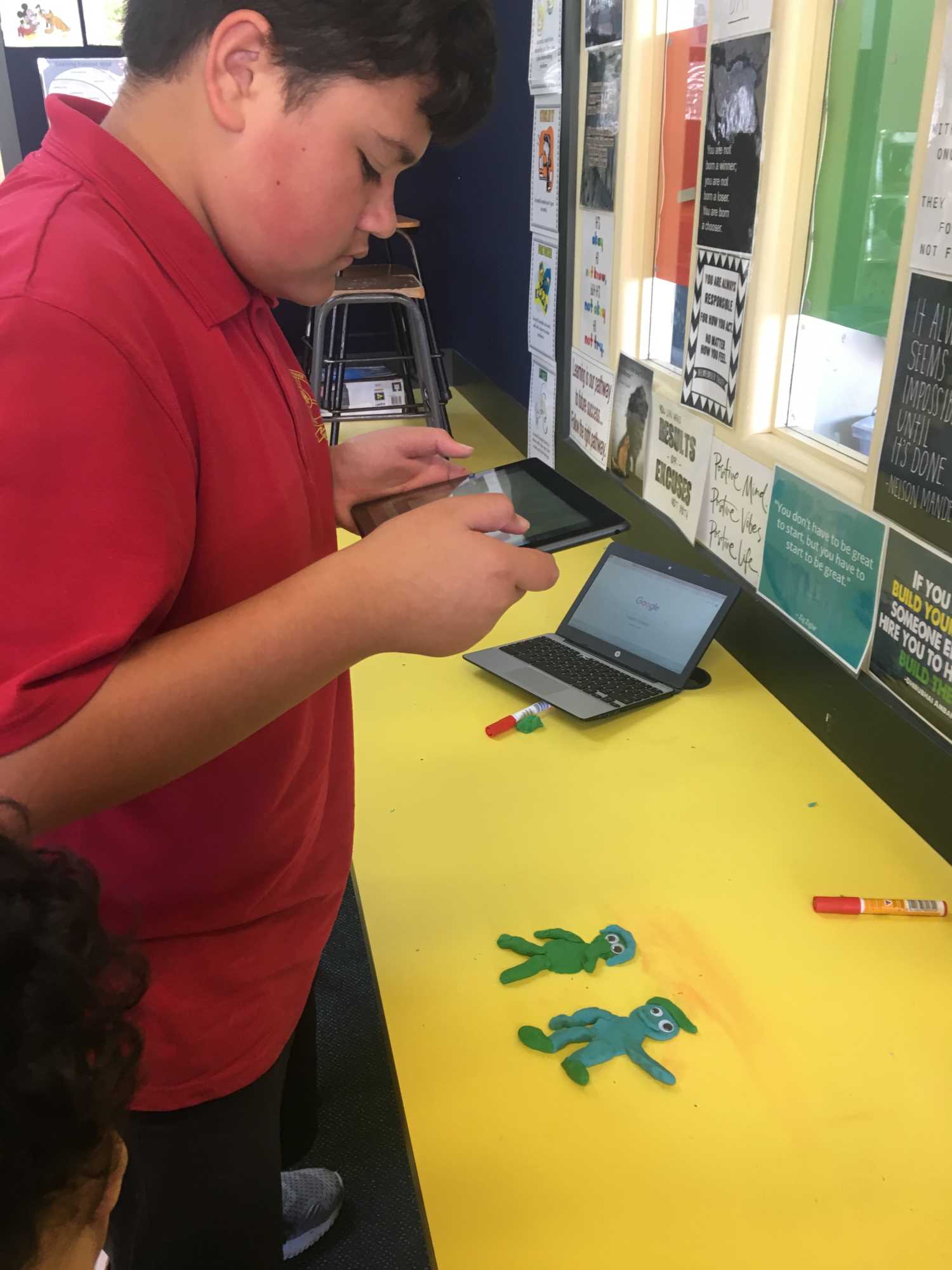
Developing skills in DDDO allows students to become creators of digital content not just users. We explore tools and apps that can be used to communicate ideas and learning across curriculum areas. The class inquiry provides a context for the outcome.
ADDRESS
Hastings Street, Hastings, New Zealand (map link)
P 06 878 4213 F 06 876 8948
E office@hastingsintermediate.school.nz
 Admin Login
Admin Login